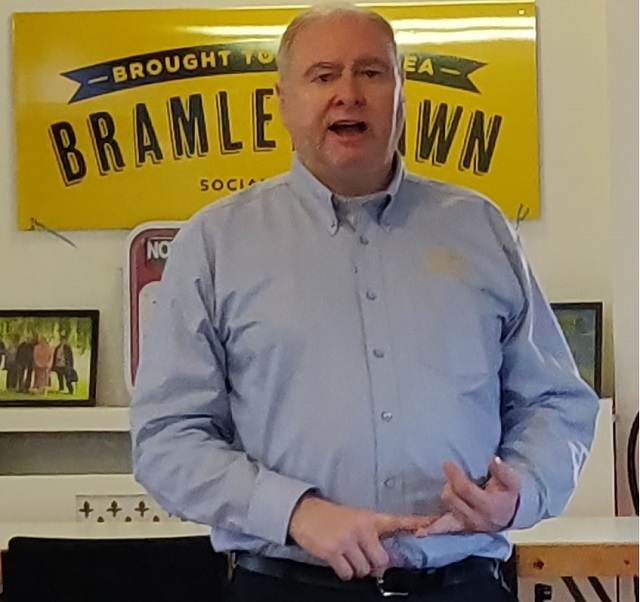By Paul Abraham of www.headingonwards.com
The days – sometimes weeks before the start of a new year – our minds are being pulled between looking forward to possible excesses over the festive period.
This could be an excess of food, drink or just an excess of laying on the sofa in your pj’s to making resolutions to become fitter, healthier, calmer or learning a new skill such as nuclear physics or a lost language from darkest Peru.
Most people often centre their resolutions around kicking bad habits. Whether it’s smoking, drinking, or not eating right, stopping unhealthy behaviors makes up the bulk of people’s New Year’s resolutions.
But we often underestimate how long it takes to kick a bad habit. Experts say it is about three weeks. We also often forget that when you stop doing something ‘bad,’ you need to replace it with something ‘good.’ But, again, some research say it can take an average of 66 days before a new habit becomes, well, habitual.
Many people become discouraged and give up long before putting the necessary time and effort in, but this is due to making a “big” resolution such as: “I want to lose 14lbs by the end of January”.
However, making small changes to your lifestyle – eg reducing the number of chocolate biscuits with your mid-morning coffee – can help you lose weight without putting yourself under extreme pressure.
Resolution enthusiasts often make long lists of rather all-encompassing behaviours they want to change, like losing weight rather than gaining it, or saving money rather than spending it.
Many of these goals require serious and sustained effort. So start by picking only one thing you would like to change/start and then dedicating all your efforts to achieve it, starting from scratch.
If your goal is to cut back on caffeine, promising yourself you will “never drink coffee or energy drinks ever again”. is an extreme statement. This method is called ‘cold turkey,’ and it involves abruptly ceasing a habit.
While it can be the most effective tactic for some, scaling back slowly and gradually works much better for many. So rid yourself of the notion that it should be all or nothing. You can start by reducing your cups of coffee by one per day and then by two a day.
Short-term daily or weekly goals tend to be more successful because you feel rewarded regularly and motivated to keep moving toward that next achievement.
And then one day, you’ve accomplished something big, without even noticing how you got there.

